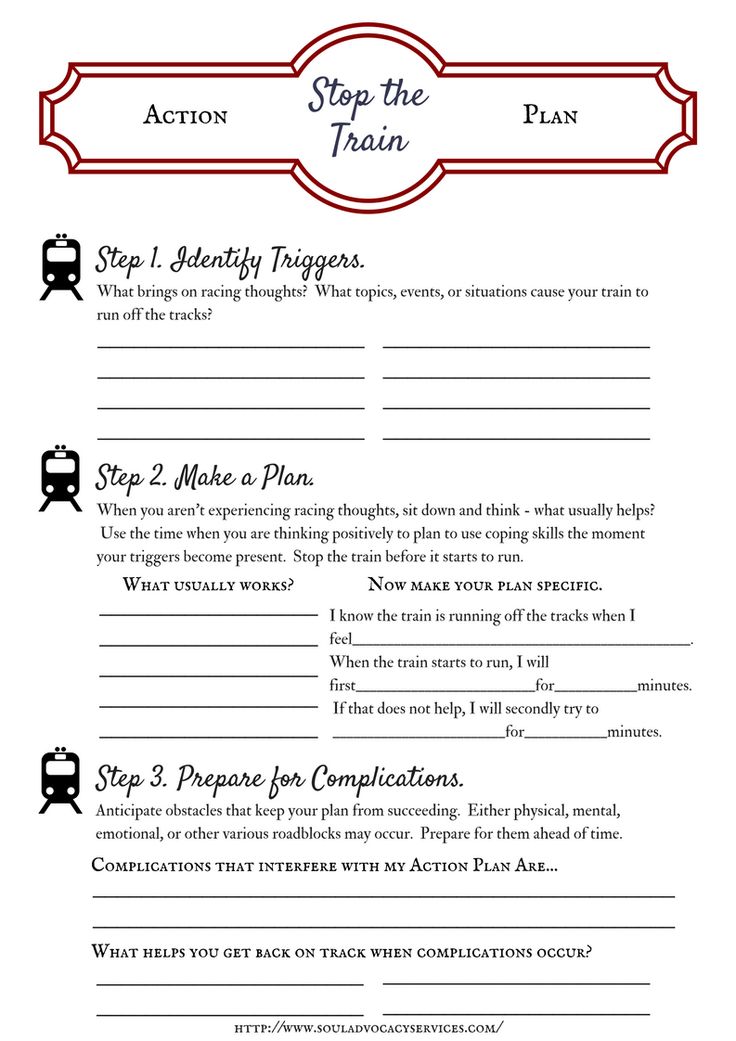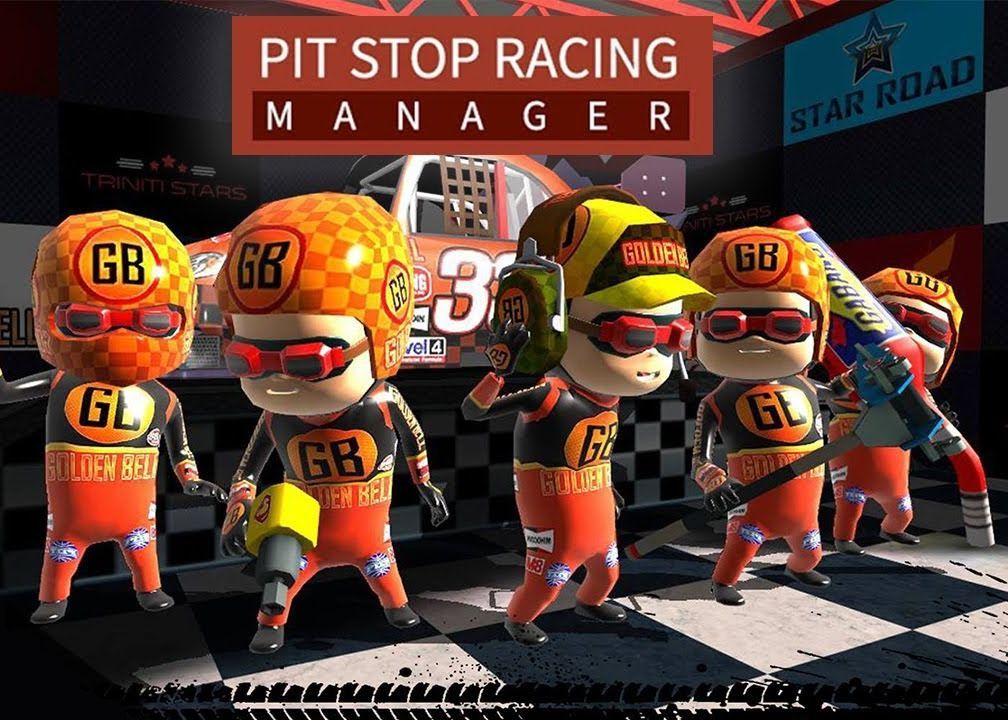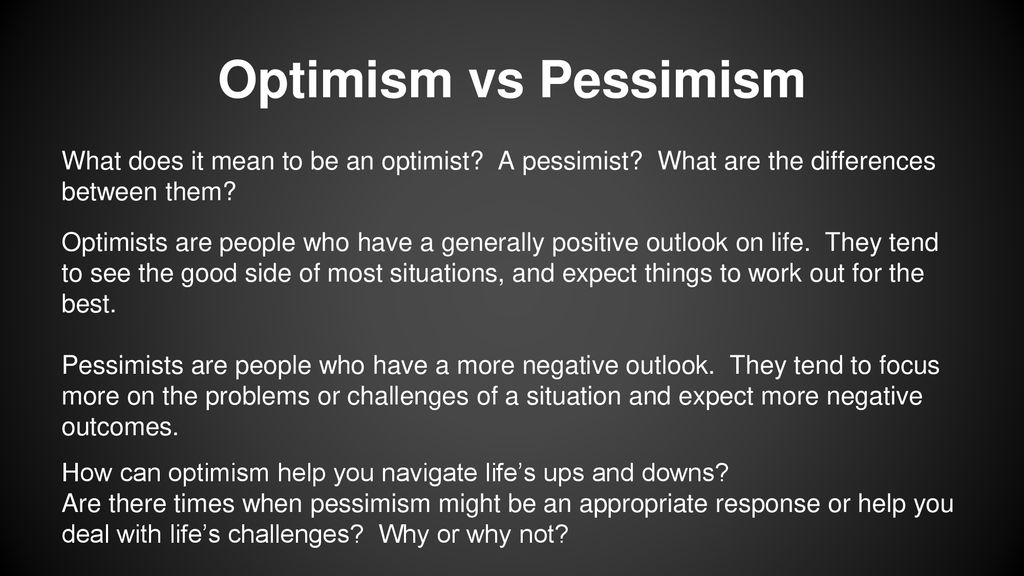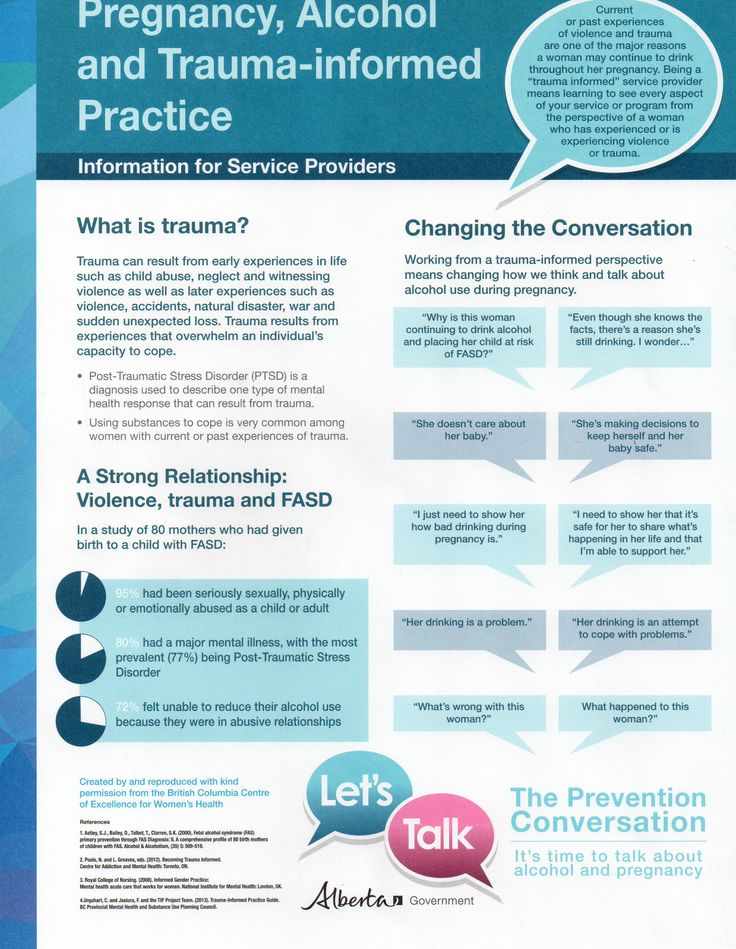Stop racing thoughts
7 tips to stop them
We include products we think are useful for our readers. If you buy through links on this page, we may earn a small commission. Here’s our process.
Racing thoughts are thoughts that come quickly, one after the other. They may relate to one subject or many different ones.
When a person has racing thoughts, their mind involuntarily digs up random thoughts and memories and moves rapidly from one to another.
The topics may have nothing to do with each other or may have links to each other. Random thoughts can affect a person’s ability to sleep or to focus on a single topic.
If racing thoughts move in a sequence, they can end in a worst-case scenario. A person may hear them as a voice they cannot ignore or as background noise in the brain.
Treating an underlying health condition or learning some coping strategies may help resolve these thoughts.
There is no single cause of racing thoughts. According to a 2020 article, racing thoughts may be a symptom of bipolar disorder, especially during a manic phase.
However, according to a 2019 article, various other factors can trigger racing thoughts. These include:
- anxiety
- depression
- panic disorders
- chronic stress
- the use of recreational drugs, such as amphetamine or cocaine
- some prescription drugs, such as dexamethasone
- medical conditions, such as stroke, multiple sclerosis, and Cushing’s disease
- a traumatic brain injury
Other conditions that may lead to racing thoughts include:
- obsessive-compulsive disorder (OCD)
- post-traumatic stress disorder (PTSD)
- attention deficit hyperactivity disorder (ADHD)
One older study suggests that when a person with depression experiences racing thoughts, they may be at a higher risk of thinking about suicide.
According to Mental Health America, racing thoughts may also signal the start of psychosis.
There are a variety of ways to control racing thoughts and reduce their occurrence.
1. Focus on now, not the future or the past
For some people, racing thoughts stem from something that has not happened and may never happen. Others focus on things that happened in the past, which they cannot change.
People who experience racing thoughts should try to focus on what is happening now. Saying to themselves, “I won’t worry about the past or the future, I’ll focus on what I can control,” is a good place to start.
2. Take deep breaths
The body’s natural panic response is to speed up the heart and breathing rate. This may happen when the mind begins racing.
MHA suggest that taking slow, deep breaths can reduce the body’s stress response and promote a feeling of calm, helping to quiet or stop racing thoughts.
The following strategy might help. Try:
- breathing in slowly while counting to five
- holding the breath for a few seconds
- breathing out while counting to five
A person can practice deep breathing anytime, without any specialized training.
3. Think about other options
Racing thoughts often end up in a worst-case scenario, and it can be easy for someone to build up a sense of disaster.
This can lead to a vicious cycle of more anxiety and continued racing thoughts.
A person can try to counter this by:
- repeating to themselves that this worst-case scenario is not going to happen
- considering how likely it is that the worst-case will happen
- thinking about more desirable alternatives that could occur
Instead of, “I’ll get fired for that mistake,” change the thought to, “Everyone makes mistakes, and I’ll do what I can to make it right.”
4. Use mantras
According to an older article in the International Journal of Behavioral Consultation and Therapy, mantras, or positive self-statements, are simple words or phrases that a person can repeat to calm their mind. Some people find them useful in times of panic and racing thoughts.
Repeating phrases such as, “I can get through this,” or “It will be okay,” might help.
Mantras allow the mind to focus on one simple positive or encouraging thought. This turns the mind away from its racing thoughts.
5. Try distractions
MHA also indicate that distractions, such as a favorite hobby, such as a favorite hobby, especially a calming one, can quiet the mind and help a person focus on something other than racing thoughts.
Depending on a person’s preferences, options for reducing stress and finding distraction may include:
- using coloring books
- painting
- gardening
- cooking
- singing or playing an instrument
- going for a walk or other outdoor activity
- watch a movie or listen to some music
6. Exercise
Regular physical activity improves mental well-being and might be helpful during an episode of racing thoughts.
One 2016 study found that exercise improved symptoms of depression, while another found that just 15 minutes of exercise improved mood in college students.
Current guidelines from the Centers for Disease Control and Prevention (CDC) recommend 150 minutes of moderate-intensity exercise per week for adults. The CDC also recommend muscle-strengthening exercises twice a week.
If racing thoughts start developing, walking, jogging, or similar activities may help settle the mind.
7. Inhale lavender essential oil
Lavender has a reputation for being calming, and some research supports this claim.
Some evidence suggests that inhaling lavender essential oil can calm the mind and quiet brain activity.
Lavender oil is available for purchase online.
Do not apply the oil to the skin without first diluting it with a carrier oil, such as almond or olive oil.
Although research suggests that essential oils may have some health benefits, it is important to remember that the Food and Drug Administration (FDA) does not monitor or regulate the purity or quality of these. A person should talk with a healthcare professional before using essential oils, and they should be sure to research the quality of a brand’s products. A person should always do a patch test before trying a new essential oil.
A person should always do a patch test before trying a new essential oil.
Many mental health conditions can cause racing thoughts, and it is essential to seek a doctor’s advice for diagnosis and treatment.
A doctor may use a questionnaire to assess the type of thoughts a person has and why they are happening.
A person should speak to a doctor if they experience:
- repeated episodes of racing thoughts
- a low mood and symptoms of depression lasting more than 2 weeks
- sleep problems
- symptoms of anxiety, ADHD, or other mental health issues
There is no single treatment for racing thoughts, but some options include:
- medication, psychotherapy, and other treatments for mood disorders and other mental health conditions
- reviewing medications that may trigger racing thoughts
A person may experience racing thoughts in response to a traumatic event, but they can also indicate an underlying health condition.
Many of the conditions that cause racing thoughts require professional guidance from a doctor or mental health practitioner for ongoing management.
A person should see a doctor if they experience racing thoughts without an apparent reason or have any other symptoms that last longer than 2 weeks.
These symptoms may indicate an underlying mental health problem that needs medical attention.
Racing Thoughts: Tips for Coping
Overview
Racing thoughts are fast moving and often repetitive thought patterns that can be overwhelming. They may focus on a single topic, or they may represent multiple different lines of thought. You may have racing thoughts about a financial issue or about an embarrassing moment or a phobia. These thoughts may also escalate.
Racing thoughts can increase your anxiety or feelings of unease and can disrupt your concentration.
When you have racing thoughts, you may feel like:
- Your mind is going a mile a minute.

- You aren’t able to slow down your thoughts.
- Your mind isn’t able to “shut off,” and you can’t fully relax.
- It’s difficult to focus on anything else.
- You keep thinking about a problem that has been blown out of proportion.
- You start catastrophizing, or thinking of worst-case scenarios.
Racing thoughts can result in insomnia. This happens when you struggle to fall asleep because you can’t slow down your thoughts at night. Keep reading to learn about strategies to help you calm your mind, longer-term treatment options, and what may be causing your racing thoughts.
Here are several steps you can take to manage or prevent racing thoughts if you’re having them right now:
1. Focus on breathing
Take several deep, careful breaths and focus on counting while inhaling and exhaling. This can force your mind to focus on something other than the racing thoughts. It can also have a calming effect on your central nervous system, which can reduce anxiety.
Keep reading: 5 easy ways to ease your mind »
2. Try a mantra
You can use a mantra, repeated when necessary, to take your mind off the racing thoughts. Even one like “Everything will be fine” can be very effective.
3. Eliminate stress before bed
If your racing thoughts typically occur at night when you’re trying to sleep, make changes to your routine before bed so that you can relax and sleep peacefully. Try to eliminate stress for at least two hours before sleep. You can meditate or practice gentle yoga, and read a relaxing book or take a bubble bath. Avoid all electronic screens and overly stimulating mental activity in those two hours before bed.
Longer term, therapy can help identify the cause of your racing thoughts. Cognitive behavioral therapy (CBT) may be particularly helpful. It can teach you coping mechanisms and techniques to manage these thoughts.
These techniques may include:
- doing deep-breathing exercises
- writing out thoughts on paper or in a diary
- using mantras to calm your mind down
- focusing only on the present and things you can control right now
Your doctor may also recommend medications to help manage any underlying conditions, especially if racing thoughts seem to accompany triggers like anxiety attacks or bipolar episodes. These medications may include:
These medications may include:
- antidepressants
- antianxiety medications
- antipsychotics
- mood stabilizers
Racing thoughts are a possible symptom of a number of different conditions. While it’s most common in anxiety, there are other conditions that can cause racing thoughts, too.
Anxiety
Anxiety is a common cause of racing thoughts. While racing thoughts are extremely common during an anxiety attack, they can also occur at any time. They may also precede or follow an anxiety attack.
Keep reading: The best anxiety apps of the year »
ADHD
Attention deficit hyperactivity disorder (ADHD) is characterized by a pattern of inattention or hyperactivity. Some people will describe their inattention as racing thoughts, especially when they are overwhelmed with external stimuli. More common in ADHD is wandering thoughts, where you struggle to focus on a single train of thought.
Learn more: What’s the difference between ADHD and ADD? »
Obsessive compulsive disorder
Obsessive compulsive disorder (OCD) is a mental health condition in which you experience obsessions or compulsions that are difficult to shake.![]() These obsessions can take the form of racing thoughts, where you can’t stop what feels like an avalanche of thoughts on a particular subject. You may have a compulsion that soothes the thoughts, like washing your hands a certain number of times to stop racing thoughts caused by worrying about germs.
These obsessions can take the form of racing thoughts, where you can’t stop what feels like an avalanche of thoughts on a particular subject. You may have a compulsion that soothes the thoughts, like washing your hands a certain number of times to stop racing thoughts caused by worrying about germs.
Bipolar disorder
Bipolar disorder is an emotional disorder in which your emotions skyrocket to extreme emotional highs (manias) and plummet to severe depression. Racing thoughts most often occur during the mania part of a bipolar episode, though they can occur with depression, especially in cases of agitated depression.
Agitated depression
Agitated depression is an outdated term which refers to a severe subtype of depression. It’s characterized by feeling agitated instead of lethargic, the symptom that’s commonly associated with most types of depression. You may also feel restless, angry, and quick to react. Racing thoughts is more likely to affect those with agitated depression than other types of depression.
Medication side effect
Sometimes, medications may treat some symptoms of a condition but exacerbate or even cause others. Medications used to treat depression, anxiety, or bipolar disorder can sometimes cause agitated depression, which can then trigger racing thoughts.
If you start a new medication and start experiencing racing thoughts, call your doctor so you can try a new medication or adjust the dosage as soon as possible.
Learn more about depression medications and their side effects »
You should call your doctor or make an appointment with your therapist if you’re having racing thoughts on a regular basis and they’ve become disruptive or are preventing you from sleeping. You should make an appointment with a therapist as soon as possible to be evaluated for a mood or mental health disorder if you experience racing thoughts alongside any of the following:
- symptoms of depression
- strong irritability
- strong compulsions
- anxiety or panic attacks
- severe shifts in mood
Read more: 11 ways to stop a panic attack »
Only once you’re diagnosed can treatment start. Just like other types of health conditions, mental health conditions are more easily treated when caught early.
Just like other types of health conditions, mental health conditions are more easily treated when caught early.
11 lessons of freedom that will turn your world upside down
Not too handsome, not successful enough, without visible talents and prospects - is it possible to learn to love yourself like that? When you see your well-fed appearance from the side and understand that nothing came of you - middle-aged, nondescript appearance, with a thin wallet and a broken marriage behind you. But once you prophesied for yourself a phenomenal future, much more interesting than the position of an average category. Rollton and another fantasy series are waiting at home. Is this what you were born for? Or maybe you raped your soul so much in pursuit of perfection that you lost yourself?
Any of us is capable of replaying everything, finding a purpose for which one wants to live. But in order to discover an additional source of strength in oneself, it is necessary to abandon the shackles of the past, unfulfilled expectations and the car of self-criticism. You need to regain your sense of freedom. And for that, read...
You need to regain your sense of freedom. And for that, read...
Giving Up Perfection - 11 Lessons of Freedom
Lesson 1. Get rid of the habit of doing something all the time
Think about it, do you live to work, or do you work to live? Important things will never end, but this does not mean that you need to dissolve in them. Leave the feeling of guilt to someone else and let your body relax - listen to music, go to nature, melt the bathhouse. You need to learn to appreciate yourself and indulge a little, otherwise the soul will not have any impressions.
Lesson 2. Don't live to win
Your ego needs a constant fight with imaginary enemies - to beat, to skim off the cream, to show your coolness. But the taste of victory will make you happy only for a fraction of a second, then again you will have to look for joy in competition. Stop chasing prizes, there are enough gifts in the world for everyone. No need to prove anything to yourself and others, just live and enjoy the process.
Lesson 3. Don't try to control everything
You're so afraid of the uncertainty of the future that you can't relax and let the inevitable happen. But it will still happen, whether you want it or avoid it. Do not waste energy on anxiety, do not try to play it safe from everything in the world, trust the world and accept events as the best that could happen at this moment in time.
Lesson 4. Stop self-eating
You criticize yourself for so long, but does it help you get better? And isn't it time to try a different strategy - to make friends with the body, to believe in your own strengths and abilities. It is very important to treat your "I" with respect, to notice even small achievements, helping the heart to survive the times of mental turmoil. Otherwise, you will be your own enemy.
Lesson 5. Remember, you are the author of life, not the victim
It is foolish to blame others for your own failures, lament about lost opportunities and bury yourself ahead of time. You are still alive, which means you can rewrite the script you planned. No one in this world is responsible for your feelings and actions, you yourself choose the environment and your creative path, you build your own future. Stop shifting responsibility, act!
You are still alive, which means you can rewrite the script you planned. No one in this world is responsible for your feelings and actions, you yourself choose the environment and your creative path, you build your own future. Stop shifting responsibility, act!
Lesson 6. Give up expectations in favor of now
You can continue to build a mountain of illusions in your head, saying that you will find love, buy a house, get a green card - and you will be happy. This is self-deception that prevents you from enjoying what you already have. Joy lives in the little things - in the smile of loved ones, in a good book that you read in the evenings, and even in a piece of cake. This is the day you can start living again. It is a state, not a possession.
Lesson 7. Stop labeling
That one is bad, that one is difficult, the task is impossible, the work is boring, life is not successful. All these are value judgments that prevent you from enjoying reality, which zombify your brain so that it does not strain too much. Stop labeling everything and reacting like an oyster, turn on awareness! Think, perceive, feel, do not succumb to the usual reaction to the world, you yourself create your feelings.
Stop labeling everything and reacting like an oyster, turn on awareness! Think, perceive, feel, do not succumb to the usual reaction to the world, you yourself create your feelings.
Lesson 8. Control the play of the imagination
Stop thinking other people's thoughts in your head, you won't know what they're thinking until you ask. Assumptions are deceptive, your reality is fundamentally different from the reality of another, do not rush to be offended and draw conclusions. A person could have a bad day, a headache or a toothache. Quiet your fantasy and don't make yourself the center of the world.
Lesson 9. Don't try to please everyone
People around you perceive you through the prism of their expectations and experience, no matter how hard you try, you can't make them see you differently. Stop chasing approval, curry favor and satisfy other people's "wants". It is better to take care of whether you are comfortable with yourself. It is normal to put your needs above other people's desires, to remain true to yourself first of all.
Lesson 10. Learn to say “no”
Your life is the most valuable thing you own, therefore it is foolish to give the right of the helm to everyone who wants it. People always want to take advantage of someone else's kindness, they like to put pressure on pity and threaten disappointment. These are their problems. Do what you like, don't rewind time. Everyone has the right to choose, no need to make excuses for how you want to see your life.
Lesson 11. Be yourself
Perfection is an illusion of an inflamed brain that does not exist. Why spoil your nerves with an attempt to achieve the ideal, if you can do business and discover new sides of your personality. Do not be afraid to make a mistake and turn the wrong way - you can always return. Do not be afraid of unexpected changes - this is your growth. Be afraid to change yourself, and then regret the lost opportunities for the rest of your life.
Perfection does not exist, happiness requires constant work on oneself. It is easy to change your life if you allow yourself to become the captain of a ship, fire your inner critic and open up new thinking without labels and obligations. The mind of a free man.
It is easy to change your life if you allow yourself to become the captain of a ship, fire your inner critic and open up new thinking without labels and obligations. The mind of a free man.
Text: Flytothesky.ru
Share this post with your friends!
How to stop living in the past: 4 easy steps
Nostalgia itself can be a pleasant feeling that helps you get through the difficulties in the present moment. For example, a relationship with a partner can reach a dead end, but warming thoughts about your common pleasant experiences and travels help to wait out a tense moment without taking drastic steps. Or a routine period has come in work, but the memory of important past achievements helps to concentrate on the future. When there is no opportunity to travel, photos of past trips motivate you to wait for the next vacation. Relationships with friends can be like a roller coaster, but during flare-ups, common evenings and follies that we experience only with truly loved ones easily come to mind.
On the other hand, there is the problem of the "golden age syndrome" - if you remember Woody Allen's "Midnight in Paris". This is not necessarily the deification of the distant 60s or 20s: in ordinary life, the “golden age syndrome” can manifest itself in the fact that a happy time shrouded in a sweet fog - often youth, early youth, college days, first stormy novels - seems unique, unattainable, priceless and impossible in the present time. “I won’t fall in love the way I did when I was 16”, “Over the years, it’s getting harder to find real friends”, “There is nothing nicer than a child in early childhood - now it’s not at all the same.” By concentrating on some ideal moment in the past, we often take away the chances of the present: new acquaintances always lose out compared to “those” best friends, our youth gives way to maturity, and new adventurous antics do not give the feeling of “those” adventures.
Advertising on RBC www.adv.rbc.ru
Nostalgia can very often be the enemy of the present moment: we are so caught up in idealizing the past that we don't notice the opportunities that arise right now. New contacts, new job offers, new stages of relationships with people we already know, new character traits in loved ones pass us by while we are busy daydreaming.
New contacts, new job offers, new stages of relationships with people we already know, new character traits in loved ones pass us by while we are busy daydreaming.
What to do. If you constantly indulge in pleasant thoughts about the past and something wonderful that happened a long time ago and, as you think, will not happen again, does not let you go, deal with your feelings. At what point, what people and experiences do you return to most often? Is it possible to organize something similar in the present? If a long-standing vacation with friends is still remembered with a warm smile, maybe you need to plan another common trip? If the romance in the relationship has evaporated, maybe it's time to discuss what you and your partner are missing and come up with a joint plan of action? If you miss the place and people, maybe it's time to return to them?
Or is it not about specific events at all, but about a set of habits and character traits that prevent one from accepting reality without idealizing the past? Maybe you should learn to forgive people when they are in a bad mood, treat yourself more calmly, be less offended by things that are difficult to change: from bad weather to the personal qualities of the environment. Of course, in the life of every person there are more successful and less successful periods, but if everything good happened to you only a very long time ago, this is an occasion to think about the chosen direction in life.
Of course, in the life of every person there are more successful and less successful periods, but if everything good happened to you only a very long time ago, this is an occasion to think about the chosen direction in life.
© Megan Savoie/Unsplash
Each of us has a trail of long-established relationships, to which, due to their duration, an unconscious sense of duty is often developed. Studies, past jobs and romances, family friends and distant relatives stick to us with long-term ties that are not very easy to cut off, and perhaps not worth it. Sometimes it’s even hard to remember why we started this or that relationship, but it’s really important to answer ourselves why we continue this relationship.
The paradox of relationships is that some of them flourish despite changing circumstances (moves, age, different life situations), and some of them aggravate, despite coincidences. For example, being in the same work team does not automatically mean unanimity with colleagues, and the same age of children is no guarantee that their parents will have something to talk about. If regular meetings with the same people leave you exhausted, give up these meetings and move on. If these are close people with whom you need to maintain relationships, think about a format that suits you and does not offend them - for example, regular meetings, eventful, shared hobbies or interesting experiences: there have long been many easier analogues for bored forced feasts with uncomfortable conversations .
If regular meetings with the same people leave you exhausted, give up these meetings and move on. If these are close people with whom you need to maintain relationships, think about a format that suits you and does not offend them - for example, regular meetings, eventful, shared hobbies or interesting experiences: there have long been many easier analogues for bored forced feasts with uncomfortable conversations .
What to do. Carefully analyze relationships that take the most time. If these relationships are regularly frustrating and aimed at maintaining a long-established status quo, the terms need to be reviewed and in no case should the relationship be allowed to continue in an uncomfortable way. For example, parents help with the child if you spend time with them. The way out is to come up with such activities for everyone that will relieve stress as much as possible.
Check whether the people around you meet your current goals and objectives - whether it is interesting and good in their company, whether you feel a surge of energy after a meeting or rather spend energy. If you communicate because it happened, and now you don’t want to offend or bother anyone by refusing your time, think what are you afraid of? No one obliges us to communicate with college friends until old age or call back colleagues from the last job - these contacts should either fill us with strength and joy, or disappear in order to free up time for new acquaintances.
If you communicate because it happened, and now you don’t want to offend or bother anyone by refusing your time, think what are you afraid of? No one obliges us to communicate with college friends until old age or call back colleagues from the last job - these contacts should either fill us with strength and joy, or disappear in order to free up time for new acquaintances.
© Sweet Ice Cream Photography/Unsplash
If only pleasant moments would remind us of the past! For many things that happened a long time ago, an adult can be embarrassed or even ashamed. Infantile decisions, hurtful quarrels, vainly spoken words, ill-conceived big deeds and really serious mistakes that influenced the course of life are in the anamnesis of almost everyone. The problem is to allow yourself to develop and move on, regardless of the choice already made.
Painful memories can be stopped in several ways, the most universal advice is to contact a psychotherapist with a list of worries. Do you regret the end of a relationship, the wrong choice of profession, painful failures in work? If all these failures are still throwing you into an icy sweat, this is a sign that it is time to act with outside help.
Do you regret the end of a relationship, the wrong choice of profession, painful failures in work? If all these failures are still throwing you into an icy sweat, this is a sign that it is time to act with outside help.
Another way to cope with the stresses of the past is to analyze the irreversibility of our actions. We really live in the myth that all our actions are final, while the final choice in most areas of life is not required of us. After an unhappy marriage, people can be happy in the next one. Many 40 and 50 year olds are changing and getting new education to change jobs and lifestyles. After many years in the office, you can switch to freelancing - and vice versa. You can change your place of residence and even get a passport of another country - of course, there are significant obstacles for this, but even this is not impossible with strong motivation.
We tend to consolidate and take root, which is why the changing world is easier to explain through a set of supposedly irreversible actions: born, married, made a career, had children. It is according to this logic that all failures and failures also become fatal, turning points. Maybe a big setback at work or an unhappy family signal some mistakes that have been made, but the truth is that most mistakes are never fatal—and we always have time to draw conclusions and do the right thing based on our experience.
It is according to this logic that all failures and failures also become fatal, turning points. Maybe a big setback at work or an unhappy family signal some mistakes that have been made, but the truth is that most mistakes are never fatal—and we always have time to draw conclusions and do the right thing based on our experience.
What to do. It is better to analyze the painful experience and remember what it taught, even in writing: this way you can fix the results. Lost friendships - what did you learn from this experience? Where did you go wrong? Where could you go wrong? Why did the relationship crack and at what point did it become clear that love could not be saved? Why did you choose one job and not another - what arguments did you have, what advantages did you call yourself when making a decision?
Even in the most acute and critical situations, people find useful lessons for themselves: from the experience of overcoming illness to bankruptcy. Past mistakes can be a guide to action in a new situation - what people and what activities not to choose, in what circumstances not to find yourself and who not to trust, you can learn from the negative experience that you already have.
© Alina Daniker/Unsplash
Very often, past actions impose restrictions on us - say, we have a reputation in a certain circle and some specific behavior, habitual actions and reactions are expected from us. For example, the family is used to the fact that you are a little aloof from general issues and let others make decisions, so they do not waste time once again discussing any issues with you. Or vice versa, you decide everything individually and independently and are tired of this responsibility. Friends are waiting for you, as always, to write first, remind about yourself, come up with a common leisure time for you. Relatives are waiting for gifts and attention in a certain proportion. The partner expects you to continue to take on most of the load with the child. Colleagues expect that you will not take the initiative and they will complete the common work without your ideas, putting you before the fact.
Situations can be very different - the pattern is the same: having received a characteristic in a particular environment, you in many ways become a hostage to the past image, which may no longer suit you. For example, you came to work as an inexperienced person, and in a few years you have grown a lot, but others have not noticed this yet and continue to treat you down. Or taking care of a child requires other temporary resources and investments, but the agreements with the partner remain the same. Or the relationship began when you were one person, and in a few years you better understood your preferences and requirements. The past often follows us not in the form of events, but in the form of a learned behavior pattern: a hyper-responsible employee, a caring mother, an active wife, a helping daughter or a faithful friend. And each of these roles, chosen a long time ago, imposes a number of restrictions that do not suit us today.
For example, you came to work as an inexperienced person, and in a few years you have grown a lot, but others have not noticed this yet and continue to treat you down. Or taking care of a child requires other temporary resources and investments, but the agreements with the partner remain the same. Or the relationship began when you were one person, and in a few years you better understood your preferences and requirements. The past often follows us not in the form of events, but in the form of a learned behavior pattern: a hyper-responsible employee, a caring mother, an active wife, a helping daughter or a faithful friend. And each of these roles, chosen a long time ago, imposes a number of restrictions that do not suit us today.
What to do. In a good mood, spread out your responsibilities and daily activities that you do a) for your own peace of mind and b) so as not to disappoint others. Take a good look at column b) and understand how many of these fears are the current you, and how many are the person from the past that you were a few months / years ago.














